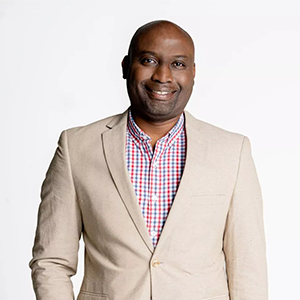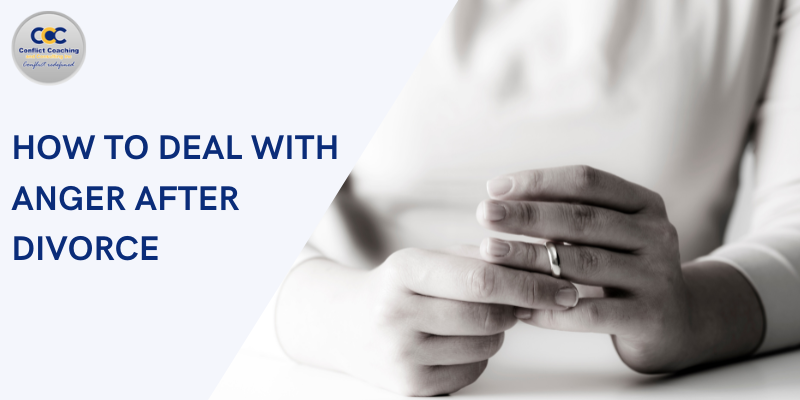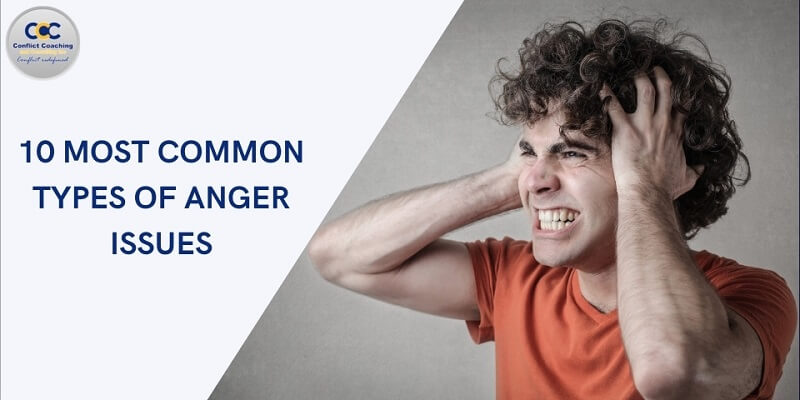
8 Good Reasons Couples Should Embrace Conflict
Conflict can be both bad and good. This article is focused on the positive value of conflict in relationships.
1. Conflict reminds us of our individual identity
Each individual has a voice, a set of core beliefs and a mode of expressing those beliefs that forms the core self—their identity. This voice is a combination of innate traits, values and, experiences. Without this identity, individuals cease to exist. In a conflict, this unique identity often becomes evident when the individual speaks. When couples communicate and are in conflict, the intention in speaking is to be part of the conversation, to matter, and to be afforded the respect of being heard. However, too often this expression of individuality in relationships is perceived as a threat which leads couples to constantly communicate from a defensive posture, therefore, keeping the individual on guard and unwilling to open up and communicate effectively.
2. Conflict is an opportunity for the relationship to grow
Numerous studies have been done on the value of conflict in organizations and more recently other researchers have also attested to value of conflict in relationships. Researchers have found that couples and organizations that avoid conflict do not grow. Why? Because in an attempt to avoid the discomfort associated with conflict fail to harness hidden potential. As a conflict resolution expert, I have seen couples who are at a place of stagnation spend a great deal of time avoiding of conflict, yet, creating stagnation within their relationships. When couples can learn to respectfully express their ideas and use these ideas to facilitate growth, then, the relationship will move forward.
3. Conflicts can help clarify what is important
There are moments in our lives when an epiphany emerges that makes it clear what we believe in, it clarifies what we long for and what we hold dear. Conflict can be that epiphany. Conflict can be a galvanizing force that quickens the mind to the idea that I matter and what I believe matters. Relationships can force us to confront these important beliefs regarding our personal stances such on finances, parenting, roles and responsibilities, sex, careers, recreation and spiritual beliefs. In the face of an opposing position, one is forced to take a position, and clarify what is important.
4. Conflict gives us the opportunity to practice managing stress and anxiety
I hold to the belief that conflict is change knocking at the door—sometimes it’s not a knock but a banging. However the potential change that conflict can bring can also lead to high levels of anxiety and stress. Conflict can create dis-ease and uncertainty. It magnifies the notion that it is better to live in the familiar that in the unknown. Practicing good conflict management skills can help couples reinterpret the stress and anxiety felt during a disagreement as an opportunity to grow in their level of communication and connectedness. The anxiety and stress is no longer seen as threatening but an opportunity to find creative ways to move beyond an impasse.
5. Conflict can help couples harness growth potential in relationships
In a conflict some may choose to withdraw or avoid the situation while others may choose to face it head-on. Those who are willing to face conflict head-on have the option to harness the potential growth of conflict. Even in relationships learning negotiation skills and deal making can do much good to harness the potential in relationships. There are a few basic steps required in order to harness the potential associated with addressing a good conflict head on:
- Create a environment where individuals feel safe and respected while discussing an issue
- Allow for open and honest communication
- Learn and practice negotiation skills
- Develop and utilize skills in that foster positive change
6. Conflict can reveal our inner fear
In the same way that conflict reveals strongly held beliefs it also reveals our fears. In fact, I would argue that it is the intensity of feelings that is fear that leads to conflict. Let me explain. Conflict can awaken feelings of vulnerability and a need to protect something that is deep seated. When confronted with beliefs and values that are different from ours, the fear of losing something held dear to us can trigger defensiveness and sometimes aggression. The alternative positon is to recognize that your feeling of defensiveness is really fear. In a healthy relationship, the couple can talk about the feelings of fear and find ways to ensure that needs do not go unmet. Overtime the conflict can often yield positive growth and change.
7. Conflict is a call to action
Couples should recognize that conflict carries a secret message. The message is, “it is time for a change”. Conflict is a call to action. It is a revelation that someone in the relationship does not like the way things are and therefore a change within the relationship needs to occur. If you accept the idea that change promotes renewal and enthusiasm keeps to the relationship fresh then conflict is a call to act to produce that change.
Conflict can stir engagement in conversation by interacting with one another and addressing the concerns appropriately. There is a tendency, when dealing with a conflict, to either isolate or attack. This reaction occur primarily because of the idea that conflict triggers a primal instinct to preserve what currently exist the status quo, the world and we see it. Conflict is therefore perceived as a threat. This perception of a threat is a misinterpretation of the role of conflict. Conflict within relationships can promote honest communication, vulnerability and emotional risk taking risk which, if respected, can empower the couple to be more engaged and to take action to grow the relationship.
8. Conflict can teach us to innovate
When faced with a conflict couples have three basic choices- 1. Accept that your relationship remains the same. 2. Avoid conflict and confrontation altogether and never address issues. 3. Decide to confront the conflict and make a change. If the couple decides to confront the conflict then the parties involved will have the unique opportunity to innovate around the problem. They will have the opportunity to engage in healthy discussion, look at their options and come up with solutions that meet the needs of the couple. The result will be that the couple overtime will learn valuable lesson about how to find solutions to solve problems.
By Carlos Todd, PhD, LPC
Dr. Carlos Todd maintains a private coaching, training, consulting and counseling practice in Charlotte, North Carolina and specializes in anger management, domestic violence and conflict management. Learn more at carlostodd.com or masteringconflict.com





Responses